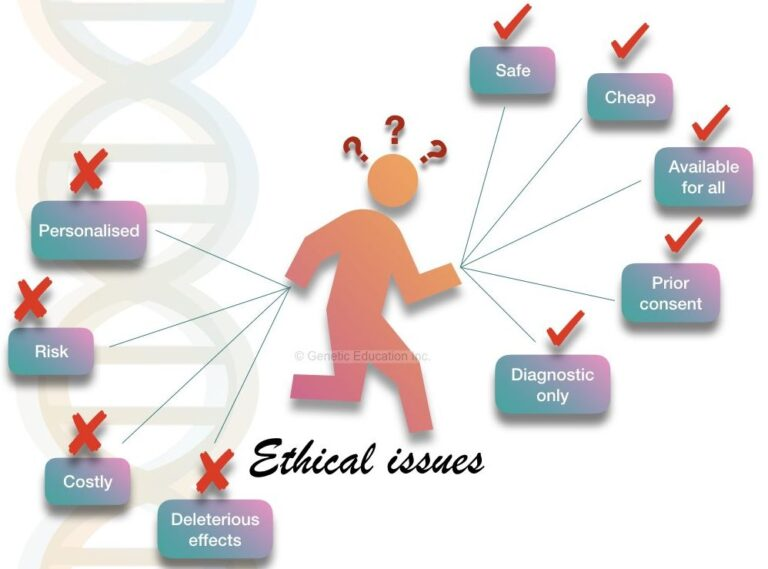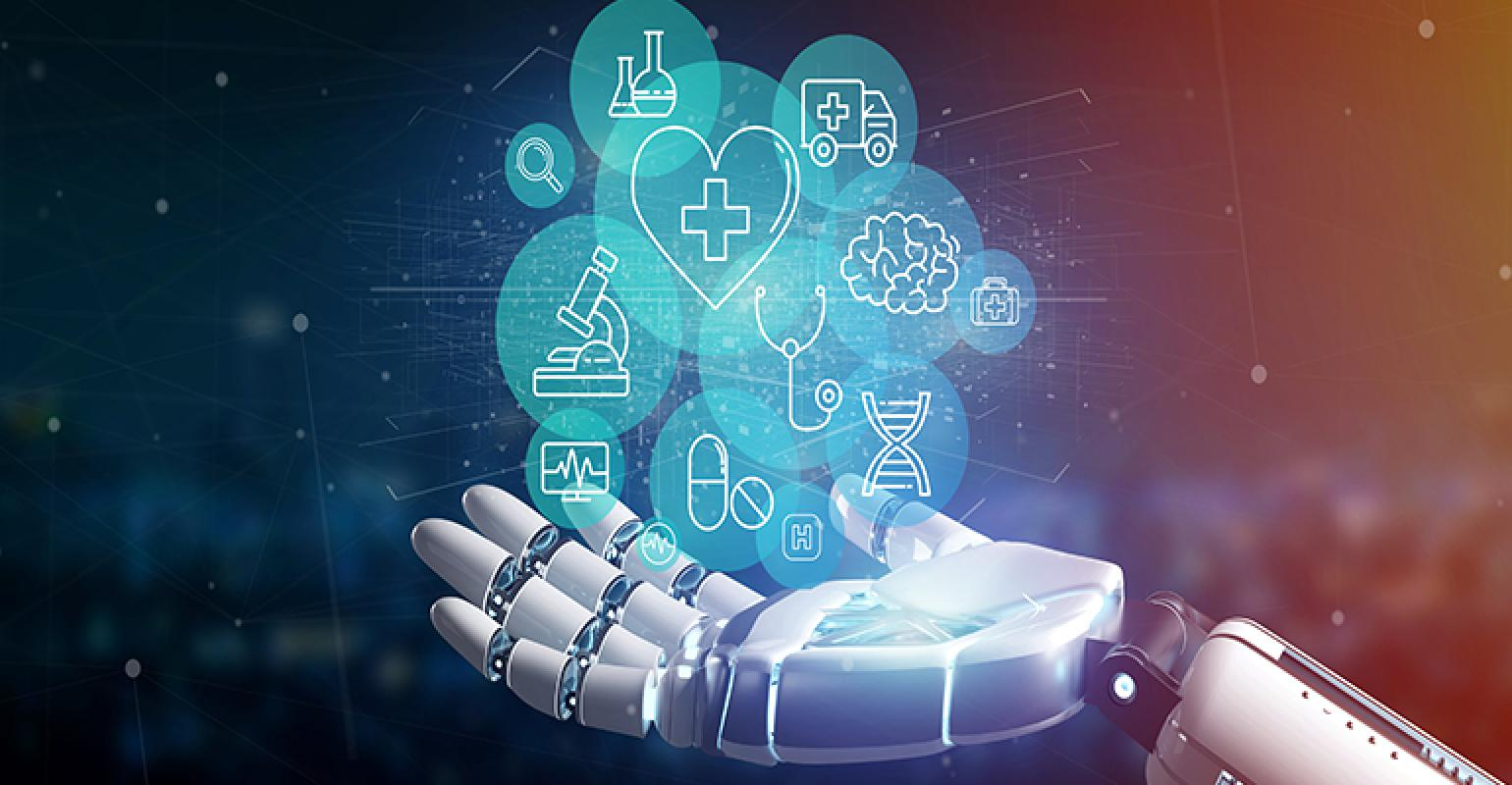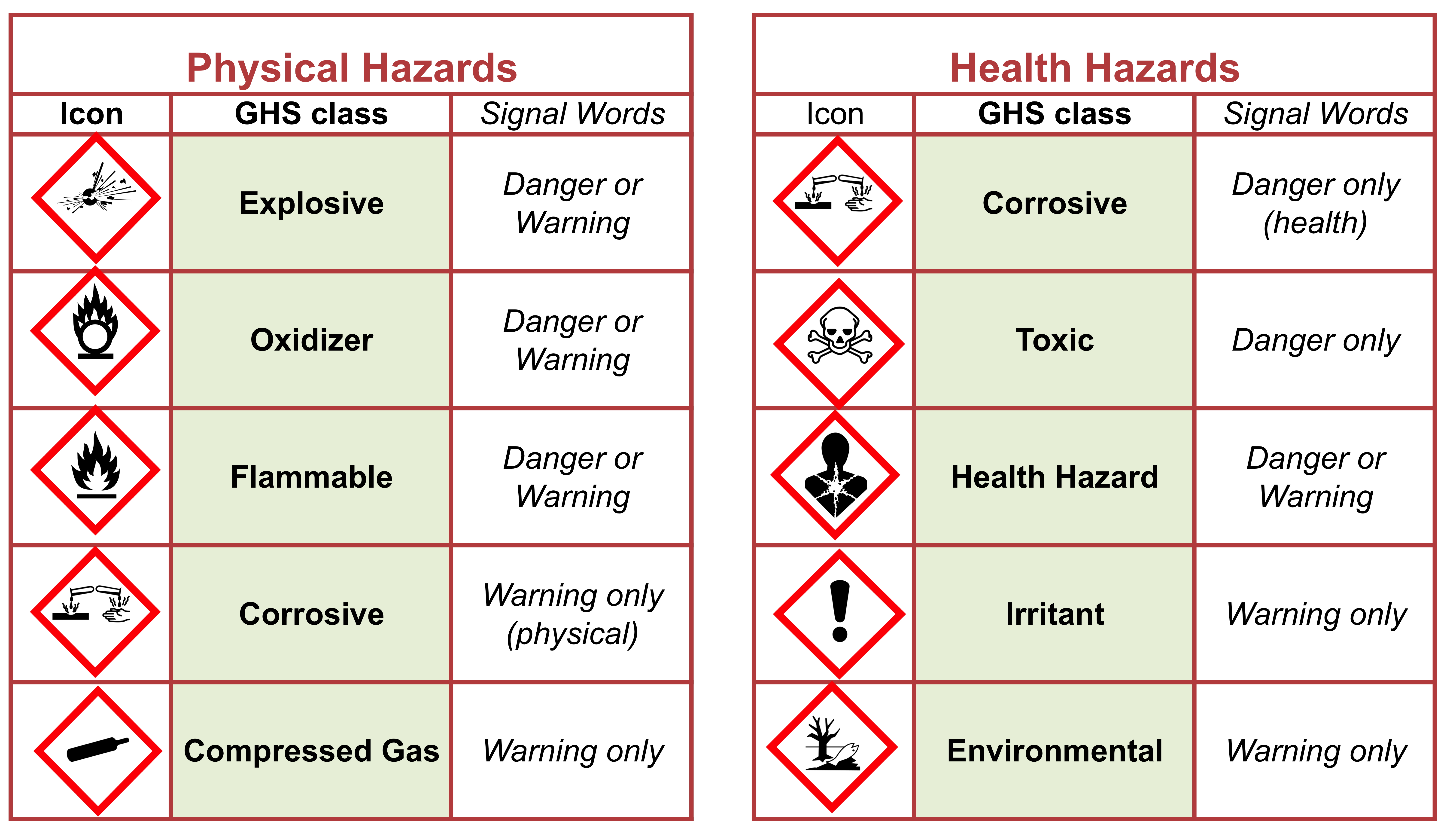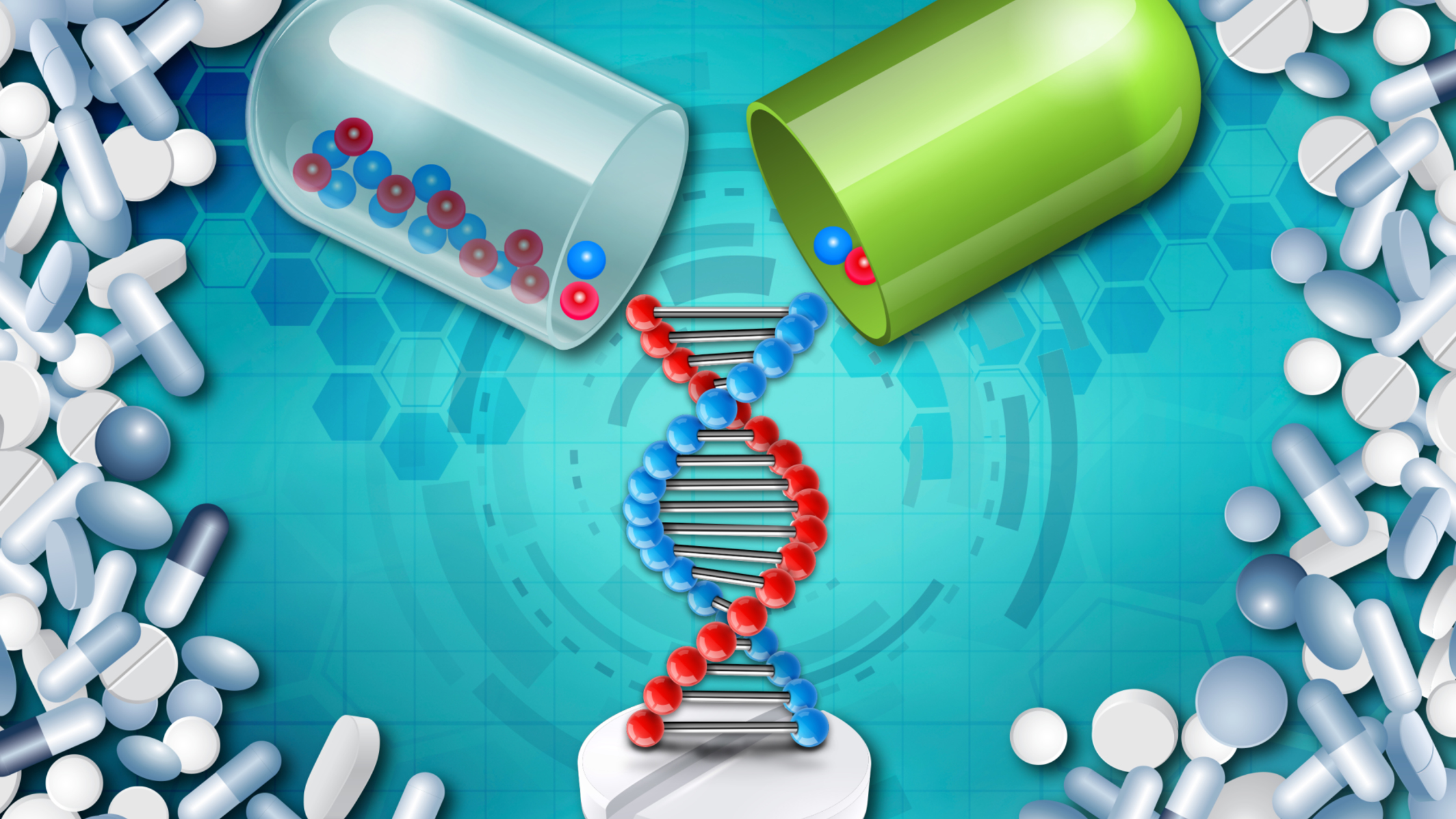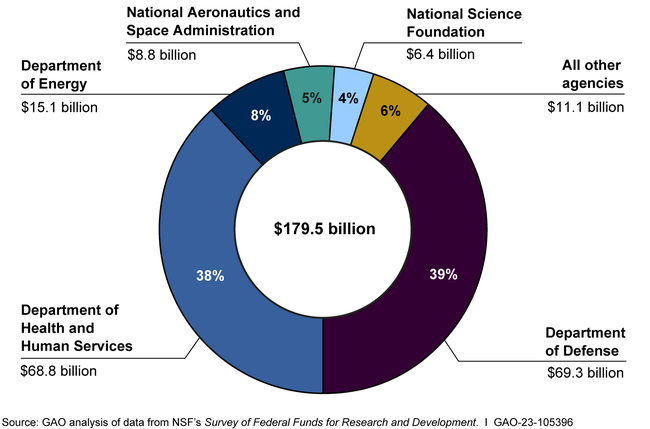The rapid progression of CRISPR technology has sparked a vital dialogue around its ethical implications, inviting us to consider the morality of gene editing and its potential to cure diseases such as sickle cell. As scientists push the boundaries of genetic modification to alleviate suffering, critical questions arise about our responsibility to alter human genetics, especially when considering the societal impact on health equity. While the prospect of using CRISPR to eradicate grievous conditions is undeniably alluring, it also ignites fierce debates about what constitutes acceptable applications of such technology. The complexities surrounding gene editing ethics encompass not just the medical advancements themselves, but also the socioeconomic disparities that may widen as innovative treatments become available primarily to those who can afford them. In this intricate landscape, understanding the potential risks and benefits of CRISPR will be crucial as we navigate the future of genetic editing and its implications for humanity.
As the world grapples with the advancements in gene editing technologies, alternative phrases like genetic alteration and genome editing emerge to describe the transformative potential of methods such as CRISPR. These tools allow scientists to make precise adjustments to genetic material, presenting possibilities that range from health innovations to controversial modifications of human traits. The discourse around the ethics of altering genes emphasizes the need for equitable access to these groundbreaking therapies, particularly as conditions such as sickle cell disease promise cures yet pose challenging questions about fairness in healthcare. Furthermore, the discussions surrounding genetic modification debates elucidate not only the technical capabilities but also the societal responsibilities that come with wielding such power. This multifaceted topic invites a deeper examination of our ethical frameworks and the values we uphold in the face of atomic changes to the very essence of life.
The Ethical Landscape of Gene Editing
The rapid advancements in gene editing technologies like CRISPR have prompted significant ethical considerations. At the forefront, the debate centers around whether humanity has the moral right to alter genetic traits that contribute to human diversity. This question invites a deeper examination of gene editing ethics, particularly in relation to ‘normalizing’ certain genetic attributes and potentially diminishing the value of varied human traits.
Furthermore, the ethical landscape is complicated when deciding which conditions warrant editing. As medical possibilities expand, we face increasingly complex dilemmas. For example, if CRISPR can effectively cure sickle cell anemia, it raises the question: should we extend editing to conditions like Down syndrome, which are not life-threatening? This ethical discourse is crucial in ensuring that advancements in CRISPR technology align with societal values.
Health Equity in the Age of CRISPR
As CRISPR technology evolves, it brings forward significant questions about health equity. With treatments like the sickle cell ‘cure’ priced at approximately $2.2 million, disparities in access create a clear divide. This situation demands a critical examination of who benefits from advancements in gene editing, emphasizing the need for inclusive strategies that ensure equitable access to these technologies, particularly for marginalized communities.
The implications of health equity also extend to the global stage. With about 100,000 individuals in the U.S. affected by sickle cell disease, the vast majority of those suffering exist in lower-income countries where such treatments may not be accessible. Therefore, discussions surrounding CRISPR must prioritize health justice, addressing the systemic barriers that prevent equitable access to genetic modifications and their life-saving potential.
The Promise of CRISPR in Treating Sickle Cell Anemia
CRISPR’s ability to edit genes offers a beacon of hope for individuals suffering from sickle cell anemia, a painful and debilitating condition. This revolutionary technology can potentially provide a permanent cure by modifying the somatic cells that carry the disease, radically changing patients’ lives for the better. By directly addressing the genetic root of sickle cell anemia, CRISPR stands poised to transform treatment paradigms within modern medicine.
However, while the potential benefits are immense, society must remain vigilant. The medical community must thoroughly assess the ethical implications and potential long-term effects before fully embracing such treatments. As Baer noted, the prospect of eradicating a genetic disease must be weighed against possible unforeseen consequences and the ethical ramifications of such human intervention.
Debating Genetic Modification in Society
The discussions surrounding genetic modifications are intensifying, especially with advancements in CRISPR technology. The debate often centers around who gets to decide the ethical parameters of genetic editing. Should parents be allowed to choose traits for their children? The implications of modifying attributes, from enhancing intelligence to altering physical characteristics, add complicated layers to the genetic modification debates and underlie strong social and ethical concerns.
Moreover, the societal impact of gene editing must also be critically evaluated. If certain traits are pursued more eagerly than others, we risk creating a hierarchy of genetic desirability. This could lead to a landscape where diversity is undervalued, enforcing narrow definitions of what constitutes a ‘normal’ human condition. Engaging with these debates is essential to ensure that discussions around gene modification are inclusive and sensitive to diverse perspectives.
Societal Impacts of CRISPR Technology
The societal implications of CRISPR technology stretch far beyond its scientific capabilities. The potential for misuse, particularly in countries lacking stringent regulations, raises alarming concerns about bioethics. The emergence of rogue genetic editing practices could not only jeopardize the safety of individuals but also provoke significant societal rifts as inequality in genetic modifications becomes pronounced.
Moreover, CRISPR has the potential to reshape societal norms regarding health and wellness. For instance, if gene editing becomes commonplace for preventing diseases, society may begin to view those who remain untreated or unmodified as inferior. Thus, as CRISPR technology matures, it will be essential for policymakers and ethicists to navigate these impacts carefully, ensuring that technological advancements do not exacerbate existing inequalities.
Oversight Challenges in Gene Editing
As CRISPR technology advances, ensuring proper oversight becomes increasingly vital. The current legal frameworks are struggling to keep up with rapid innovations, highlighting a glaring need for comprehensive policies that govern gene editing practices. With many countries handling genetic modifications differently, it creates the possibility for unethical practices to flourish without adequate monitoring.
Moreover, the potential for military or clandestine uses of gene editing technologies presents another layer of complexity. With examples emerging of genetically-altered soldiers designed to enhance performance, the ethical lines become blurred. Active international dialogue and regulatory frameworks will be essential in addressing these challenges, ensuring that gene editing is guided by rigorous ethical considerations and transparency.
The Role of Bioethics in CRISPR Discussions
Bioethics plays a crucial role in guiding the discussions surrounding CRISPR and gene editing technologies. The intersection of medical innovation and ethical considerations ensures that as we explore gene modification, we remain cognizant of moral responsibilities. Institutions like bioethics centers are essential in fostering dialogue and providing frameworks for assessing the implications of new technology on human health and dignity.
Moreover, the involvement of diverse stakeholders, including ethicists, scientists, patients, and the public, can enrich the discourse surrounding gene editing. This inclusive approach can help loom large ethical dilemmas into manageable discussions for responsible decision-making. Consequently, a bioethical perspective becomes indispensable in navigating the complexities of gene editing in an ever-evolving landscape.
The Future of Genetic Engineering
The future of genetic engineering, powered by CRISPR technology, is rife with potential yet fraught with ethical dilemmas. As scientists uncover more capabilities for gene modification, the question arises: how will society define what constitutes responsible use? Navigating this future necessitates a robust conversation that balances innovation with ethical guidelines geared toward preserving human dignity and diversity.
Looking ahead, it becomes crucial to envision a world where gene editing’s benefits can be equitably shared. This pursuit must focus on creating accessible frameworks that allow all individuals, regardless of socioeconomic status, to benefit from these advancements. Therefore, ongoing dialogues among scientists, ethicists, and the global community are imperative to guide the future of genetic engineering responsibly.
Navigating Genetic Modification Debates
Navigating the debates surrounding genetic modifications demands a keen awareness of the underlying social implications. As discussions unfold about who should benefit from gene editing technologies, questions of privilege and access emerge prominently within these conversations. Ethical frameworks must be established to consider the rights of individuals and the potential societal impact of embracing varied genetic modifications.
Furthermore, the topic of genetic modifications leads directly into discussions about societal values and norms. If certain traits become favored through gene editing, there could be far-reaching consequences on how individuals perceive one another and themselves. Therefore, continued engagement in these debates is crucial to shaping a future where genetic diversity is honored and preserved, ultimately enriching the human experience.
Frequently Asked Questions
What are the ethical implications of CRISPR technology in gene editing?
CRISPR technology presents significant ethical implications, especially in gene editing. Concerns revolve around the moral right to alter human DNA—whether for disease treatment or enhancement. The potential to edit germline genes raises questions about consent, as future generations cannot choose the modifications made to their DNA. Additionally, this technology could exacerbate health equity issues, favoring those who can afford costly treatments over disadvantaged groups.
How does CRISPR technology impact discussions about gene editing ethics?
CRISPR technology drastically impacts discussions on gene editing ethics by enabling precise modifications to DNA. This capability forces society to confront the moral dilemmas of ‘playing God’ and the potential for misuse in creating ‘designer babies.’ These debates emphasize the need for comprehensive bioethical guidelines to ensure responsible usage of gene editing, taking into account both health benefits and societal implications.
What role does health equity play in the ethical discussions surrounding sickle cell cures using CRISPR?
Health equity plays a crucial role in the ethical discussions surrounding sickle cell cures utilizing CRISPR technology. While the ability to genetically edit sickle cell disease offers hope, the treatment’s high costs—around $2.2 million—highlight disparities in access. Ethical implications include who can afford the cure and how to ensure that such innovations do not deepen existing health inequities among different socioeconomic groups.
Why are genetic modification debates important in the context of CRISPR?
Genetic modification debates are essential in the context of CRISPR because they address the profound implications of altering human genetics. The technology enables scientists to potentially eradicate diseases but also raises concerns about unintended consequences, oversight, and societal impacts. Discussions focus on balancing innovation with ethical standards to avoid creating a future where genetic advantages are available only to the privileged.
How does the potential for CRISPR to cure diseases like sickle cell shape the ethical considerations of germline editing?
The potential for CRISPR to cure diseases like sickle cell shapes the ethical considerations of germline editing by highlighting the delicate balance between therapeutic benefits and moral concerns. While curing genetic disorders is a significant advancement, it prompts questions about the extent of human intervention in genetics. Ethical debates question whether it is right to modify traits that aren’t pathological, as well as who decides which conditions warrant such extraordinary measures.
What concerns are raised about oversight in CRISPR gene editing?
Concerns about oversight in CRISPR gene editing are significant due to the lack of global regulatory frameworks. While germline editing is prohibited in many countries, instances of unregulated experimentation—such as in nations with looser restrictions—raise alarms. Potential illicit applications, like creating genetically altered soldiers, underscore the necessity for stringent international guidelines to govern ethical practices in CRISPR technology.
How can CRISPR technology lead to unintended consequences in genetic modification?
CRISPR technology can lead to unintended consequences in genetic modification because genes interact in complex networks within organisms. Changes to a specific gene may inadvertently affect other biological pathways, potentially leading to unforeseen health issues. For example, a beneficial edit intended to reduce cholesterol could disrupt insulin regulation, illustrating that genetic manipulation requires a thorough understanding of long-term effects and interactions.
| Key Point | Description |
|---|---|
| CRISPR Technology Overview | CRISPR allows editing of somatic and germline genes by clipping and replacing parts. |
| Ethical Dilemmas | Questions arise about the ethics of using CRISPR for non-lethal conditions, and who decides these ethical boundaries. |
| Cost Issues | The cost of CRISPR treatments, like the sickle cell cure, raises concerns about accessibility and health equity. |
| Health Justice Implications | Innovation in medicine may increase disparities between those who can afford treatments and those who cannot. |
| Parenting Choices | There are ethical concerns about parents making genetic decisions for their children and altering attributes. |
| Unintended Consequences | Editing genes can lead to unexpected outcomes, as genes evolved over time and have multiple interactions. |
| Global Oversight Concerns | Concerns over the lack of regulation and monitoring of gene editing practices in different countries. |
Summary
CRISPR ethical implications are significant as they raise critical questions about the right to change human genetic attributes. While CRISPR technology holds the promise of eliminating genetic diseases, it also brings with it a host of ethical concerns including health equity, parental rights over genetic modifications, and the potential for unforeseen consequences. As society grapples with these questions, it is vital to ensure that innovation in genetic editing does not exacerbate inequalities or compromise future generations.
